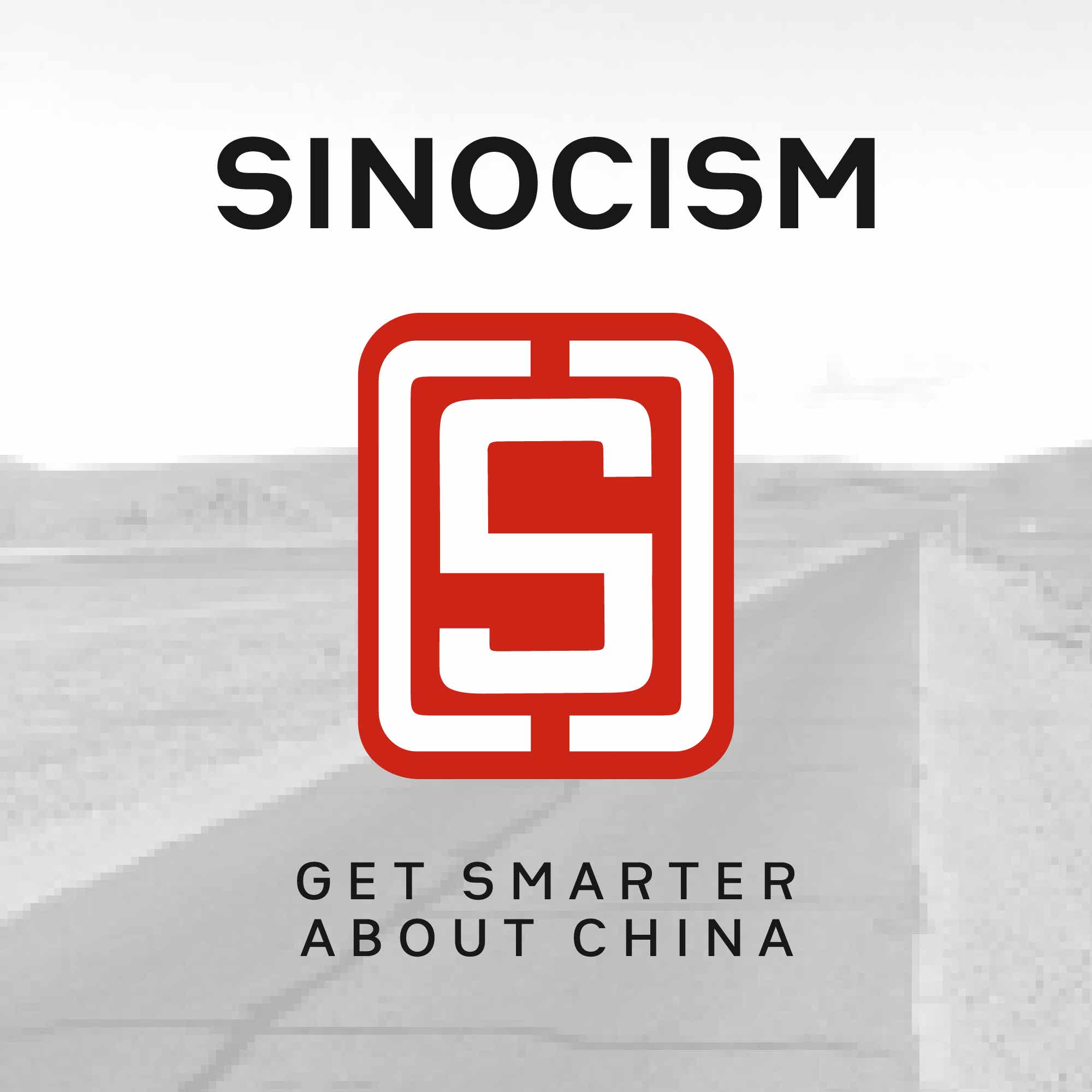Sinocism Podcast #5: 20th Party Congress and US-China Relations with Chris Johnson
Description
Episode Notes:
A discussion recently concluded 20th Party Congress and what to expect ahead in US China relations. I'm pleased to welcome back Chris Johnson, CEO of Consultancy China Strategies Group, Senior Fellow at the Asia Society Policy Institute Center for China Analysis and former Senior China analyst at the Central Intelligence Agency. This is the 7th Party Congress that Chris has analyzed professionally.
Links:
John Culver: How We Would Know When China Is Preparing to Invade Taiwan - Carnegie Endowment for International Peace
Transcript:
Bill: Welcome back to the very occasional Sinocism podcast. Today we are going to talk about the recently concluded 20th Party Congress and what to expect ahead in US China relations. I'm pleased to welcome back Chris Johnson, CEO of Consultancy China Strategies Group, Senior Fellow at the Asia Society Policy Institute Center for China Analysis and former Senior China analyst at the Central Intelligence Agency. This is the 7th Party Congress that Chris has analyzed professionally. So we have a lot of experience here to help us understand what just happened. Chris, welcome back and thanks for taking the time.
Chris: My pleasure. Always fun to be with you, Bill.
Bill: Great. Well, why don't we jump right in. I'd like to talk about what you see as the most important outcomes from the Congress starting with personnel. What do you make of the leadership team from the central committee to the Politburo to the Standing Committee and what does that say about.
Chris: Yeah, well, I, think clearly Xi Jinping had a massive win, you know, with personnel. I think we see this particularly in the Politburo Standing Committee, right, where on the key portfolios that really matter to him in terms of controlling the key levers of power inside the system. So we're talking propaganda, obviously, Uh, we're talking party bureaucracy, military less so, but security services, you know, these, these sort of areas all up and down the ballot he did very well.
So that's obviously very important. And I think obviously then the dropping of the so-called Communist Youth League faction oriented people in Li Keqiang and Wang Yang and, and Hu Chunhua being kind of unceremoniously kicked off the Politburo, that tells us that. He's not in the mood to compromise with any other interest group.
I prefer to call them rather than factions. Um, so that sort of suggests to us that, you know, models that rely on that kind of an analysis are dead. It has been kind of interesting in my mind to see how quickly though that, you know, analysts who tend to follow that framework already talking about the, uh, factional elements within Xi's faction, right?
So, you know, it's gonna be the Shanghai people versus the Zhijiang Army versus the Fujian people.
Bill: people say there's a Tsinghua faction
Chris: Right. The, the infamous, non infamous Tsinghua clique and, and and so on. But I think as we look more closely, I mean this is all kidding aside, if we look more closely at the individuals, what we see is obviously these people, you know, loyalty to Xi is, is sort of like necessary, but not necessarily sufficient in explaining who these people are. Also, I just always find it interesting, you know, somehow over. Wang Huning has become a Xi Jinping loyalist. I mean, obviously he plays an interesting role for Xj Jinping, but I don't think we should kid ourselves in noting that he's been kind of shunted aside Right by being pushed into the fourth position on the standing committee, which probably tells us that he will be going to oversee the Chinese People's Consultative Congress, which is, you know, kind of a do nothing body, you know, for the most part. And, um, you know, my sense has long been, One of Xi Jinping’s, I think a couple factors there with Wang Huning.
Sinocism is a reader-supported publication. To receive new posts and support my work, consider becoming a free or paid subscriber.
One is, you know, yes, he is very
More Episodes
Thanks to everyone who tuned in live to my Friday discussion with Christopher Johnson on China and the US election. Our talk was part of the ongoing Substack Election Dialogues.
Chris is President and CEO of China Strategies Group. He served for nearly two decades in the United States...
Published 10/12/24
Published 10/12/24
In this episode of the Sinocism Podcast Bill speaks with Tu Le, Founder and Managing Director of Sino Auto Insights. Tu recently attended the Shanghai Auto Show. We discuss the rise of China EVs both inside China and increasingly in other countries, and especially of BYD, why the legacy foreign...
Published 05/09/23


